We must act now to build resilience in a changing environment
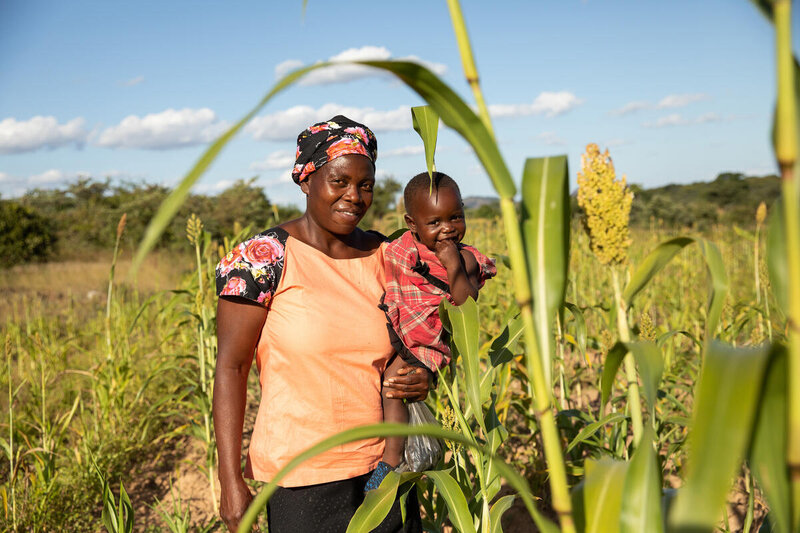
As the world faces unprecedented crises – including the war in Ukraine – already fragile food systems are under immense pressure. This stress exposes the world’s most vulnerable populations to increased levels of hunger, poverty and food insecurity.
The quality of our lives and our ability to access the food we need is intimately connected with the health of our planet. Ecosystems provide multiple vital services – the biodiversity we need to produce food and medicine, as well as services that clean air, filter water, decompose waste, protect farmers from erosion and shield communities from natural hazards.
At the same time, the vulnerability of people to external shocks and stresses depends on many factors including access to land, fertile soil and clean water, as well as means of production such as livestock, tools and transport.
The world's smallholder farmers produce over a third of the world's food, yet their livelihoods and global food security are threatened by the climate crisis and environmental degradation. The Global Land Outlook Report issued by the UN Convention to Combat Desertification shows that our current approach to land management is putting half the world’s economic output – US$44 trillion - at risk.
Global food systems are one of the biggest contributors to the climate crisis whilst also being hugely impacted themselves. At this point in time, the efforts to curb greenhouse gas emissions and adapt to the impacts of climate change are not decisive enough, nor fast enough, and certainly not effective enough in reducing the fast-paced levels of environmental degradation that leave the most vulnerable communities exposed to shocks and stresses.
One of the best ways to address these multi-faceted problems is through integrated programmes that are mindful of the multiple risks people and ecosystems face. In a number of countries, the World Food Programme (WFP) combines activities that regenerate the natural environment, such as soil and water conservation, land restoration, agroforestry and developing community infrastructure, with access to climate information, early warning systems and mechanisms which diversify income streams and provide financial safety nets.
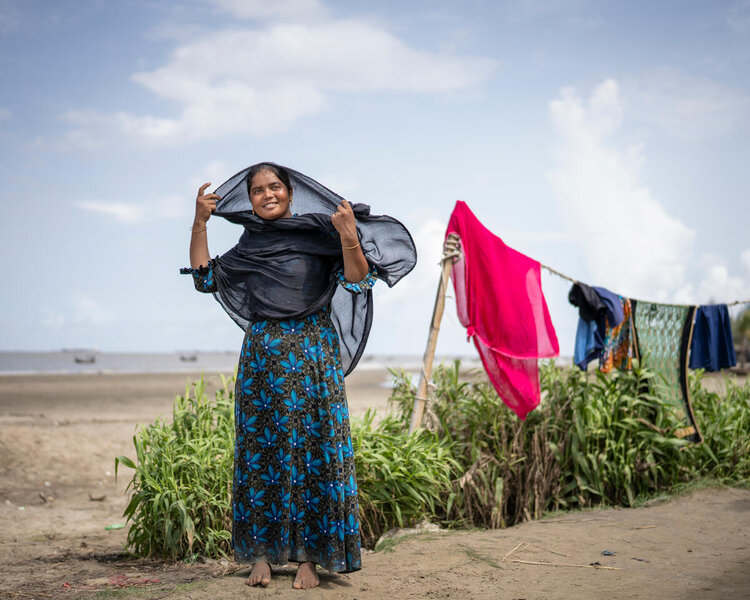
In the Sahel, WFP’s integrated package of activities has reached more than 2.5 million people in the past year with programmes across Niger, Mali, Burkina Faso, Mauritania and Chad. These programmes include combining Food Assistance for Assets (FFA) - where communities build or restore community infrastructure or degraded land whilst benefiting from food assistance – with school feeding, nutrition, and seasonal support.
In the past three years alone, communities have restored 110,000 hectares of degraded land for farmers and pastoralists. Building resilience at community level reduces vulnerabilities and enhances protection to shocks that occur year after year whilst improving food security, livelihoods and ecosystems. Community led activities also have the potential to ease conflicts and underlying vulnerabilities – tackling the two biggest causes of hunger at the same time.
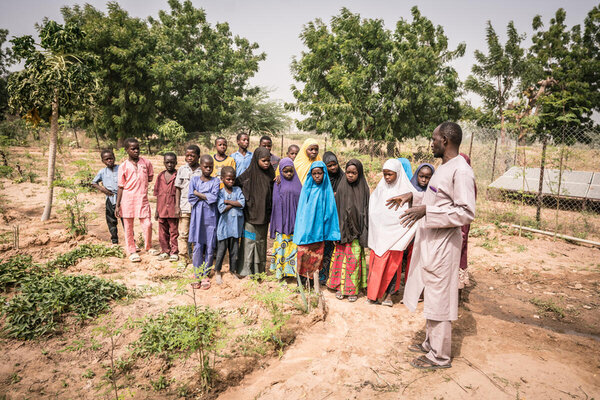
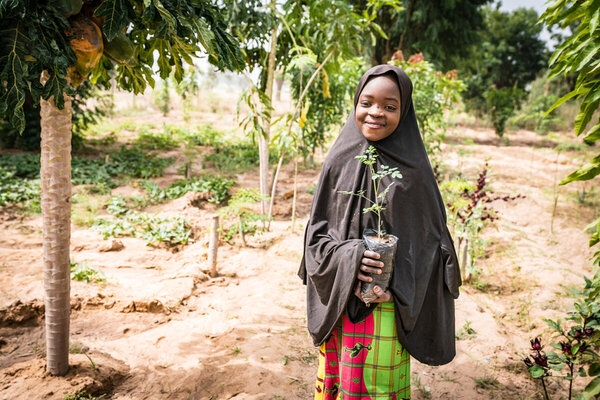
WFP is also working to help smallholder farmers to access markets by establishing greener value chains. In 2021, the WFP Smallholder Agricultural Market Support (SAMS) programme supported nearly one million farmers in 44 countries to connecr to markets. When farmers have a place to sell their produce and work together to achieve better prices, they can also diversify their production and invest into more nutritious and climate-smart crops. In addition, WFP is helping farmers to reduce post-harvest losses which limits the pressure on ecosystems and boosts biodiversity.
In some country programmes, such as Malawi, Senegal and Kenya, these activities are complemented by climate risk insurance services which provide farmers with a safety net as well as access to financial services.
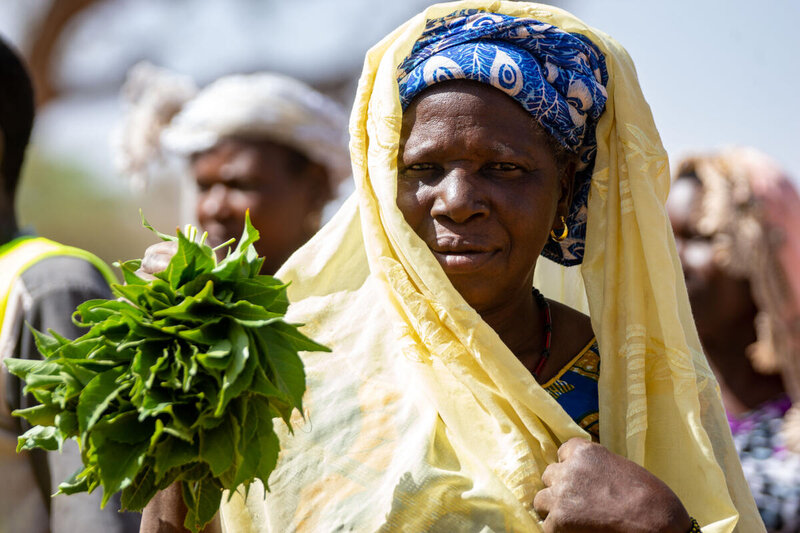
So why are integrated programmes not the norm? These days, many projects to reduce the vulnerability of food insecure communities to climate and other shocks are struggling to get funded. When lives are at stake in a financially constrained environment, humanitarians tend to get pushed into a difficult choice between ‘Saving Lives’ and ‘Changing Lives’ – even though we need to work with the same degree of urgency and impact on both sides in parallel.
The planet has already warmed by 1.1°C above pre-industrial levels due to human-induced climate change. Millions of people are facing the real-life consequences of higher temperatures, environmental degradation and reduced biodiversity. We cannot wait for emission reductions to take place. We need urgent support for integrated resilience efforts, responding to the climate and environmental crises that are damaging our fragile food systems.
This includes protecting the most food-insecure populations with risk information and financial safety nets whilst also empowering them to reverse negative trends, practice regenerative agriculture, engage in sustainable value-chains and diversify livelihood options – including through decent green employment.
The communities who contributed the least to today’s climate, conflict, food and energy crises are facing the brunt of the impacts. At the same time, through engagement in integrated programmes that facilitate the pathway from risk to resilience, they can become the leaders for transformative and environmentally positive change.
